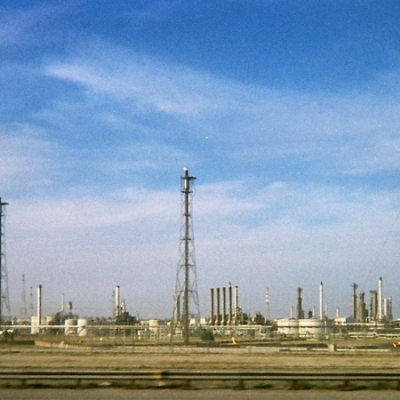Tunisia in disarray, increased infections and victims. Economic and social crisis with no return

In recent days, Tunisia has exceeded 11,000 victims according to data of Tunis Health Ministry, recording a positivity rate of over 25 percent and an average of seven thousand PCR tests per week, one thousand per day.
The Intensive Care beds wards, both in the public and in the private hospitals, are almost all occupied by Covid patients, even the beds with oxygen are scarce. The vaccination campaign started very late, due to the limited availability of the vaccine and perhaps due to the delay in the purchase of drugs. The vaccines available are those donated by the Covax program or from China (Sinopharm) and Russia (Sputnik). To date, 305,000 doses have been administered, of which 95,000 as a second dose. The increase is very slow.
Tunisia is experiencing its worst moment, ten years after the revolution. The pandemic arrived with an already critical socio-economic situation, with 30 percent unemployment, to which is added the institutional political paralysis between the presidency of the Republic, Parliament, and the government. The state’s functioning mechanisms are blocked, as the President of the Republic himself admitted when he summoned the ambassadors to the Carthage Palace.
This critical situation risks being a stimulus for desperate young people without work and without prospects for a stable future to turn to look towards the European coasts, challenging the Mediterranean. A summer of arrivals in Italy is expected that could be much worse than in previous years. The resistance of the Tunisian health system is fundamental.The Tunisian National Gendarmerie thwarted 12 attempts at irregular emigration this weekend and arrested at least 345 migrants.
This was reported by a press release from the National Guard of Tunis. In particular, the Coast Guard of Sfax, Nabeul, Kerkennah, and Monastir thwarted nine departures allegedly directed towards the coasts of Italy, arresting 295 people: 162 of these were of different African nationalities, while the remainder were Tunisian citizens aged between 13 and 42 years, including five, wanted. On the night between 7 and 8 May, however, three other attempts at irregular emigration to Italy were thwarted and 30 illegal immigrants were arrested, according to the official spokesman for the National Guard. The prosecutor ordered that the legal procedures in force be applied to them.
Tunisia risks ending up worse than Lebanon. The country is increasingly struggling to keep faith in international commitments, although a letter from International Monetary Fund (IMF) Managing Director Kristalina Georgieva that included the acknowledgment that Tunis will remain a reliable partner has given the country hope. Tunisian government sources said that the IMF welcomed the reform package, which was discussed between the government and labor union.They indicated that the program that the IMF will discuss must guarantee the stability of the Tunisian economy shortly coupled with sustainable growth.
According to media reports, the fund stressed it is fundamental to tackle the problem of sustainability of public finances and debt, implementing ambitious reforms of public companies, salaries of the public administration, and energy subsidies. It called for addressing the entrepreneurial climate, stability of the financial sector, and financial inclusion, social protection, and governance.



